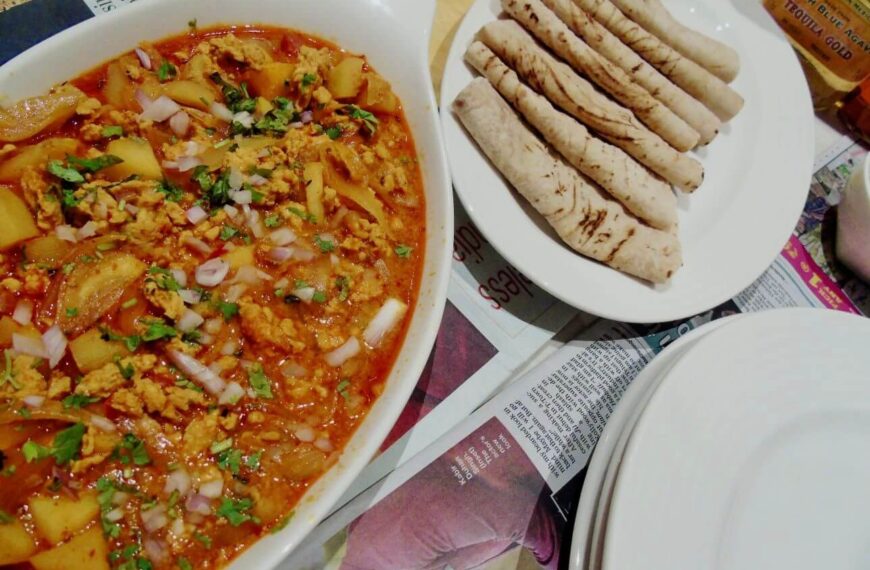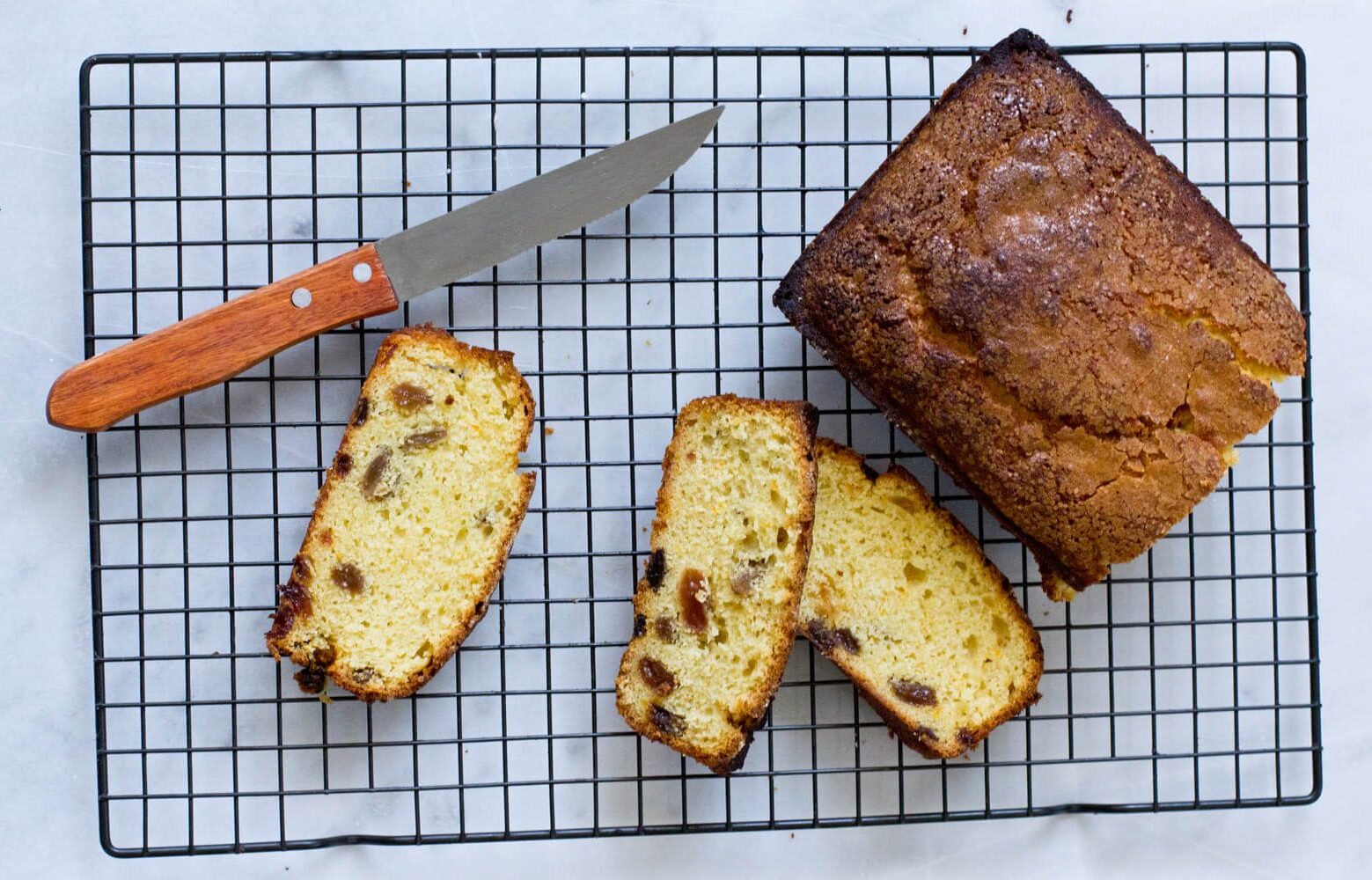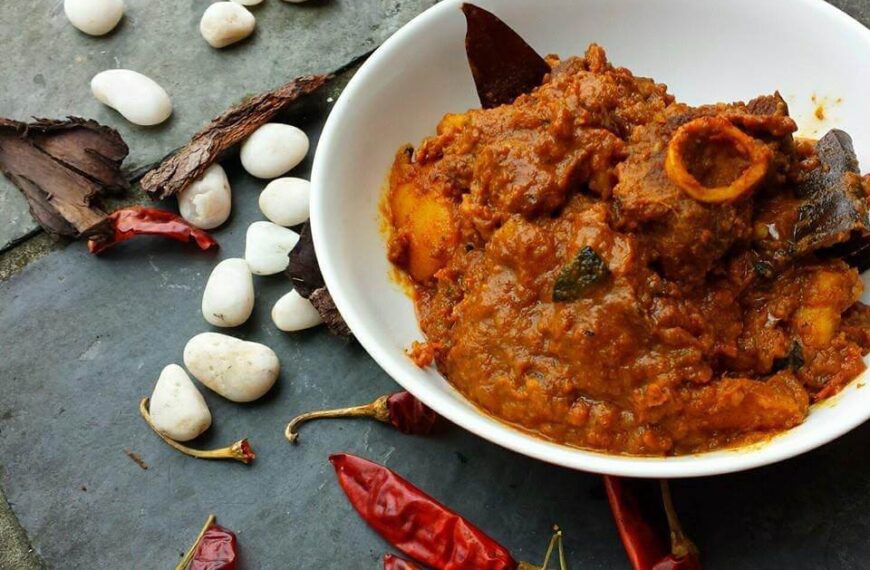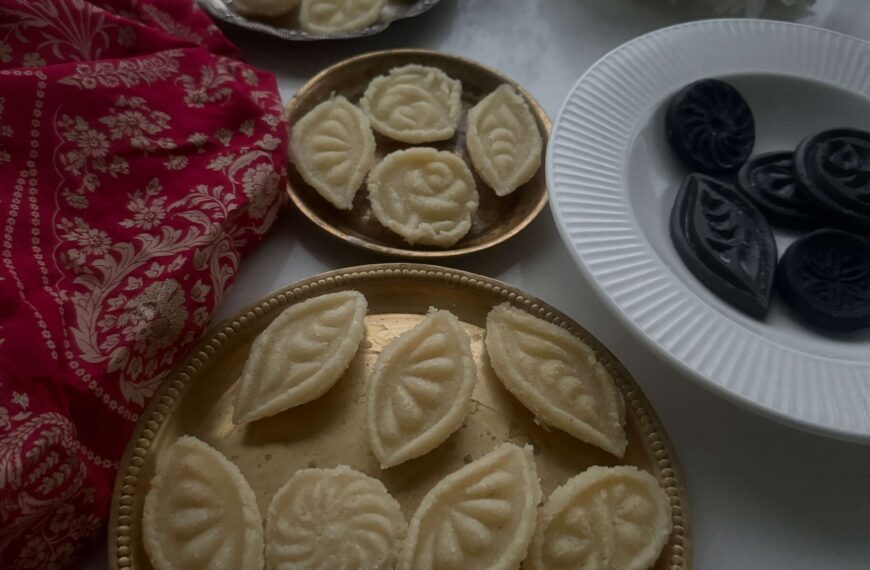Sarika gives us a glimpse of the Poila Boishak (Bengali New Year) celebrations in India and Bangladesh. She shares with Different Truths readers a popular mutton recipe. Cook and enjoy the festivities.
Bengalis all over the world celebrate the New Year with joy and gaiety. Nababorsho (New Year) or Poila Baishak (first day of the first Bengali month) is the Bengali New Year celebration, which is usually on April 14 or 15, every year.
On this day everybody wear new clothes. It is also customary that younger members of the family touch the feet of the elders and seek blessings from them.
It is day of reunion or festivals. People celebrate this day with friends and relatives. The day begins with early morning processions, songs and dances to usher in the New Year.
Bengali greets each other ‘Subho Nababorsho’ (Auspicious New Year).
Haal Khata: Many Bengalis believe it is an auspicious day and traders and businessmen start their new book of accounts known as Haal Khata. The new accounting in the haal khata begins after a puja (worship).
Shostik or Swastika is drawn on the accounting books. All customers are welcomed with packet of sweets.
Panjika is the Bengali almanac. It may be found in all Bengali households. On Poila Baishak almost every Bengali family buys a copy of the Panjika, which is available in various sizes from various publishing houses.
Bengali New Year Cuisine
Foodie Bengalis always find some excuses for delicacies. This is the time to celebrate New Year. Bengalis all around the world prepare different kinds of lip smacking dishes to make the day more delightful.
Here are some mouth watering dishes to relish in the festive occasion.
Breakfast: Luchi, alur dom, hing deoa alur torkari, radhaballaavi.
Lunch: Mutton kosha, muri ghonto, misti pilao, biryani, shukto, potol posto, jhuri bhaja, laal shak, muchor ghanto, shorshe Illish, Pabda
Snacks: Kucho nimki, banana fritters, onion pakora
Sweets: Nolen gurer paysh, shor bhaja, dorbesh, mulpua, sondesh, rosogolla
New Year Celebration
It is celebrated with grandeur and colours in India (Bengal, Assam, Tripura) and in Bangladesh. Tagore’s song holds a very important place in both the countries during this festival ‘Esho hay Baishak‘
https://www.youtube.com/watch?v=8DLCf8KNNoQ
Bangladeshi people celebrate ‘Pahela Baishak‘ and in Bengal it is called ‘Poila Boishak‘. In Kolkata, it is a public holiday but in Bangladesh it is celebrated as a national holiday.
For Bengali food lovers one of the very popular Bengali cuisines is:
Mutton Kosha
I am sharing the recipe with you all on the eve of Nababorsho.
Level: Average Prep. time: 12 hrs
Cook time: 2 hrs Serves: 6
Ingredients:
Mutton-1 kg
Onion – 3
Potatoes – 3
Garlic paste – 2 teaspoons
Ginger paste – 2 teaspoons
Garam masala – 2 teaspoons
Cloves – 5 to 6
Ghee (clarified butter) – 1 tsp.
Cinnamon stick – 1
Cardamoms – 6
Green chilies – 7
Salt, turmeric and red chilli powder – to taste
Oil (mustard) for cooking and marinating
Method
Marinate the mutton with turmeric, oil, green chillies, tomatoes (chopped), onion and garlic pastes and salt for around 12 hours.
Cut potatoes (each into 4 pieces) and onion and keep the spices ready.
Fry potatoes with turmeric powder and keep aside.
To the hot oil, add cinnamon, cardamom and cloves and onions and fry till it changes colour.
Time to add garam masala and red chilli powder and salt, fry for around 4 minutes.
Add marinated mutton and mix well.
Cook it for 30 minutes and in between stir it for every 2 to 3 minutes.
Add 3 cups of water and cover it for 30 minutes in between keep stirring so that it does not stick to the bottom of the utensil.
Now add garam masala, ghee and fried potatoes and cook for 10 more minutes.
Serve with steam rice or roti.
Enjoy festive lunch or dinner with family and friends.
Nobaborsho Greetings to you all from Different Truths, have a splendid year.
Pix from Author






